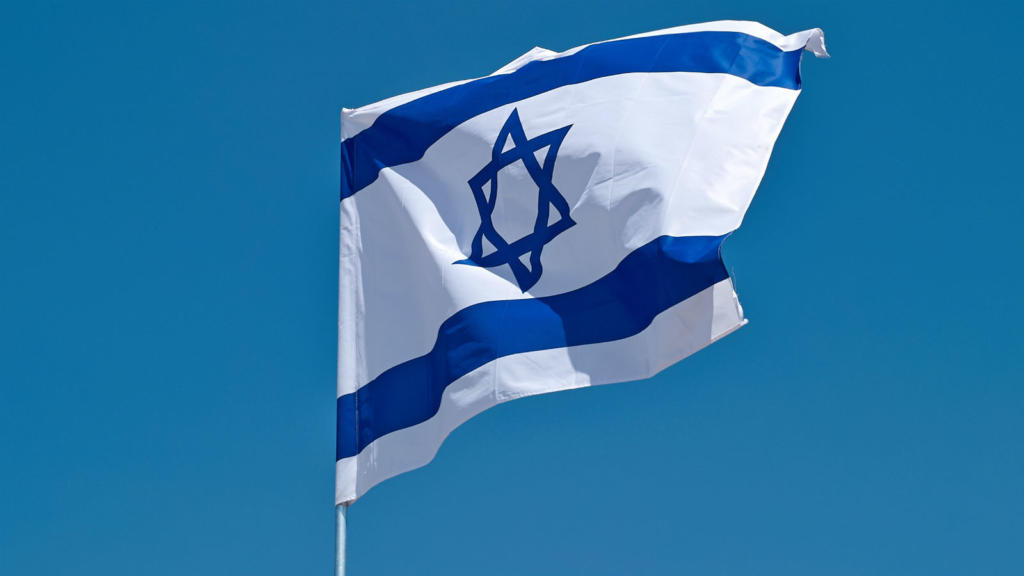The escalating conflict between Israel and Hamas has reached a critical juncture, with Israel signaling its intent to launch a ground offensive into Gaza City despite a dire humanitarian crisis unfolding within the enclave. The United Nations has declared famine-like conditions in parts of Gaza, citing widespread hunger, malnutrition, and civilian distress. This alarming declaration underscores the severity of the situation and the urgent need for humanitarian intervention. However, Israel disputes the UN’s assessment, asserting that there is no famine in Gaza and that substantial aid has been delivered. This stark contrast in perspectives highlights the deep divisions and complexities surrounding the conflict, making it challenging to accurately gauge the true extent of the humanitarian crisis.
The impending Israeli ground offensive, codenamed Operation Gideon Chariots II, looms large over the already devastated Gaza Strip. While the operation’s commencement has been delayed, Israeli officials confirm active preparations are underway. Prime Minister Benjamin Netanyahu has emphasized the necessity of accelerating the offensive, aiming to dismantle Hamas’s control over the territory. However, the UN’s declaration of famine adds another layer of complexity to the situation. A ground invasion could further exacerbate the humanitarian crisis, potentially leading to increased civilian casualties and further impeding the delivery of essential aid. The international community faces a daunting challenge in balancing the need for security with the imperative to protect civilian lives and alleviate suffering.
The UN’s famine declaration is predicated on what they describe as Israel’s systematic obstruction of aid deliveries to Gaza. Tom Fletcher, the UN Coordinator for Emergency Relief, directly attributed the famine-like conditions to Israel’s actions, alleging that they are preventing food and essential humanitarian aid from reaching the besieged population. This accusation further inflames tensions and raises serious concerns about Israel’s compliance with international humanitarian law. The ability of aid organizations to operate effectively in conflict zones is crucial to mitigating suffering, and any obstruction of aid delivery can have devastating consequences.
Israel vehemently denies the UN’s accusations, asserting that no famine exists in Gaza. The Israeli Foreign Ministry dismisses the UN’s claims as “Hamas lies” disseminated through biased organizations. They maintain that over 100,000 trucks of aid have entered Gaza since the conflict began, resulting in a decline in food prices. This conflicting narrative further complicates the situation, making it difficult to ascertain the veracity of the claims and counterclaims. Independent verification of the humanitarian situation in Gaza is crucial to understanding the true extent of the crisis and ensuring appropriate responses.
Adding to the contentious discourse, the US Ambassador to Israel, Mike Huckabee, publicly criticized the UN’s famine report. He accused Hamas of stealing 92% of UN-provided food and selling it for profit, while suggesting that the UN itself is corrupt and incompetent. This intervention further polarizes the debate and aligns the US firmly with Israel’s position. The accusations of corruption and aid diversion against Hamas, while serious, require thorough investigation and substantiation. Such claims, if proven true, would underscore the critical need for accountability and transparency in the delivery and distribution of humanitarian aid.
The confluence of a looming Israeli ground offensive, the UN’s famine declaration, Israel’s denial of a famine, accusations of Hamas’s manipulation of aid, and escalating international rhetoric paints a deeply concerning picture for the people of Gaza. The humanitarian crisis continues to deepen, and the prospect of a full-scale military assault threatens to exacerbate the already dire situation. The international community faces a formidable challenge in mitigating the humanitarian crisis while simultaneously addressing the security concerns of all parties involved. Finding a path towards a sustainable ceasefire and a long-term resolution to the conflict is essential to prevent further suffering and ensure the safety and well-being of the civilian population in Gaza. The conflicting narratives and accusations underscore the urgent need for independent investigation and verification of the situation on the ground, enabling informed and effective humanitarian interventions and potentially paving the way for a negotiated settlement.


